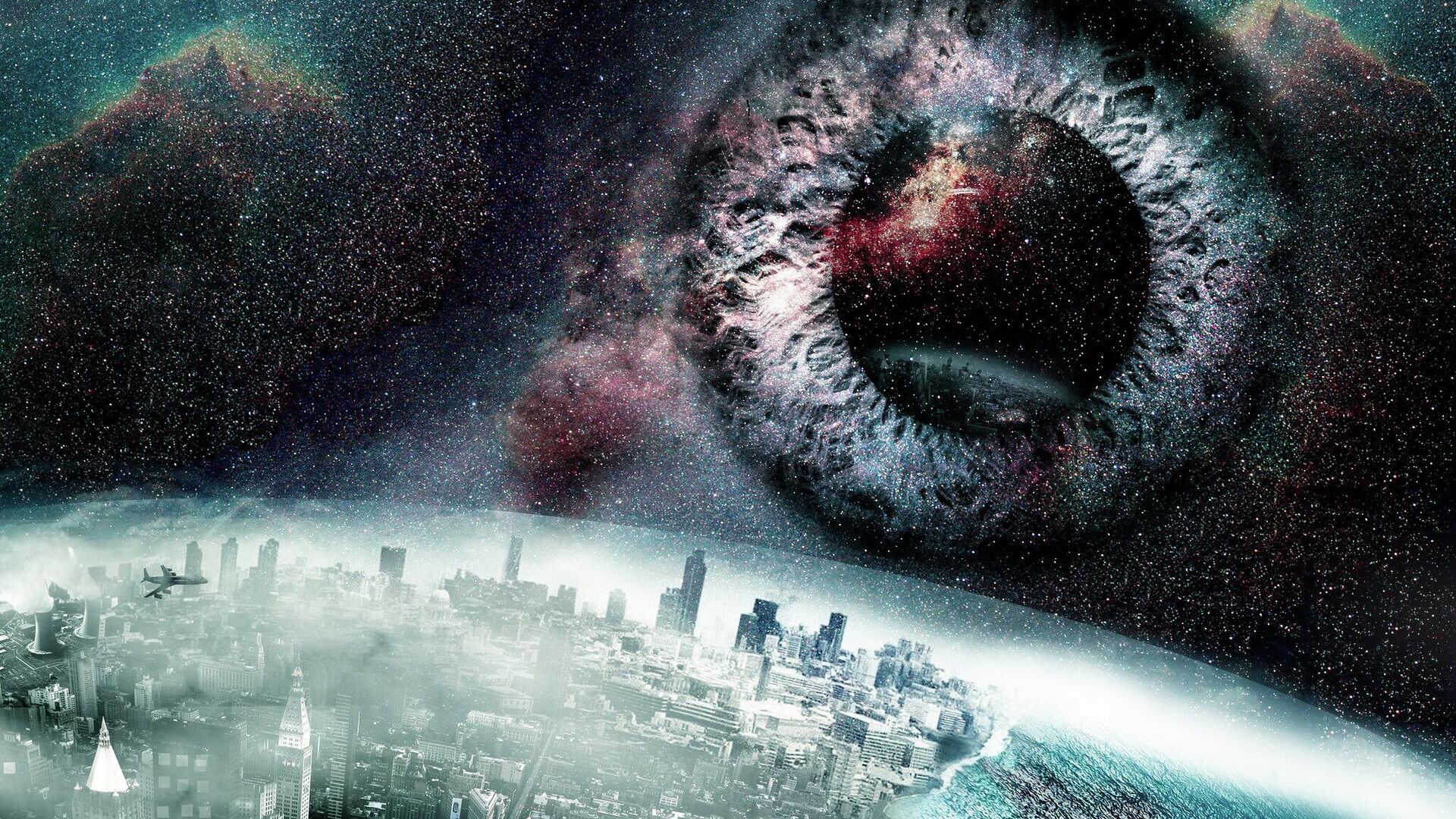https://sputniknews.in/20230510/transcending-boundaries-humans-may-soon-hear-response-from-intelligent-alien-life-1891740.html
Transcending Boundaries? Humans May Soon Hear Response From Intelligent Alien Life
Transcending Boundaries? Humans May Soon Hear Response From Intelligent Alien Life
Sputnik India
A new study suggests that an extraterrestrial alien civilization may likely intercept transmissions from Earth by the end of this century or 100 years.
2023-05-10T17:20+0530
2023-05-10T17:20+0530
2023-05-18T23:29+0530
space satellite
space industry
space exploration
nasa
extraterrestrial life
science & tech
science & tech
https://cdn1.img.sputniknews.in/img/07e7/05/0a/1894943_0:129:2048:1281_1920x0_80_0_0_c75a58fa707b6eb87d8c1fc4a80a01e7.jpg
A new study suggests that an extraterrestrial alien civilization may intercept transmissions from Earth by the end of this century.University of California researchers claim that we may be able to receive a radio signal reply from extraterrestrial life.The study used signals sent from Earth to Voyager 1, Voyager 2, Pioneer 10, Pioneer 11, and New Horizons, mapping out where the signals may have spread out when sent into the universe. These spacecraft communicate with NASA's Deep Station Network (DSN) radio antennas.All five of the spacecraft completed their primary missions and are now travelling deeper into space.Voyager 1 left our solar system in August 2012 and Voyager 2 left in 2018, and both are now travelling through interstellar space -- the part that exists between the stars.The remaining three are yet to cross our solar system's heliopause -- the boundary between the solar wind emitted by our sun and the interstellar wind.People can now track such transmissions at DSN, which displays real-time data on outgoing and incoming transmissions to all spacecraft at various times.The study has been published in the Journal of the Publications of the Astronomical Society by researchers from the University of California, Los Angeles (UCLA) and the University of California, Berkeley (UC Berkeley)."This work [the 2019 study] identifies the stars that interstellar spacecraft will closely encounter on their paths through the universe," the study's co-author Reilly Derrick told Universe Today.The researchers also said they don't think humans are alone in the universe.
https://sputniknews.in/20230504/ai-devoid-of-consciousness-only-living-beings-have-it-dalai-lama-1819597.html
Sputnik India
feedback.hindi@sputniknews.com
+74956456601
MIA „Rossiya Segodnya“
2023
Deexa Khanduri
https://cdn1.img.sputniknews.in/img/07e6/0c/13/138923_52:0:533:481_100x100_80_0_0_cadf23d341691fc65ff2b22fd1afe584.jpg
Deexa Khanduri
https://cdn1.img.sputniknews.in/img/07e6/0c/13/138923_52:0:533:481_100x100_80_0_0_cadf23d341691fc65ff2b22fd1afe584.jpg
News
en_IN
Sputnik India
feedback.hindi@sputniknews.com
+74956456601
MIA „Rossiya Segodnya“
Sputnik India
feedback.hindi@sputniknews.com
+74956456601
MIA „Rossiya Segodnya“
Deexa Khanduri
https://cdn1.img.sputniknews.in/img/07e6/0c/13/138923_52:0:533:481_100x100_80_0_0_cadf23d341691fc65ff2b22fd1afe584.jpg
extraterrestrial alien civilization, transmissions from earth, university of california, extraterrestrial life, voyager 1, voyager 2, pioneer 10, pioneer 11, new horizons, nasa's deep station network, deep station network, dsn, radio antennas, voyager 1, voyager 2, interstellar space, journal of the publications of the astronomical society, university of california, los angeles, ucla, university of california, berkeley, uc berkeley,
extraterrestrial alien civilization, transmissions from earth, university of california, extraterrestrial life, voyager 1, voyager 2, pioneer 10, pioneer 11, new horizons, nasa's deep station network, deep station network, dsn, radio antennas, voyager 1, voyager 2, interstellar space, journal of the publications of the astronomical society, university of california, los angeles, ucla, university of california, berkeley, uc berkeley,
Transcending Boundaries? Humans May Soon Hear Response From Intelligent Alien Life
17:20 10.05.2023 (Updated: 23:29 18.05.2023) Deexa Khanduri
Sputnik correspondent
The enigma of space has deeply influenced humans, especially the mystery of life beyond Earth. Outer space stirs human imagination, since the mind seeks to explore opportunities to find the unknown. But what if the human race meets civilization from outer space one day?
A new study suggests that an extraterrestrial alien civilization may intercept transmissions from Earth by the end of this century.
University of California researchers claim that we may be able to receive a radio signal reply from extraterrestrial life.
The study used signals sent from Earth to Voyager 1, Voyager 2, Pioneer 10, Pioneer 11, and New Horizons, mapping out where the signals may have spread out when sent into the universe. These spacecraft communicate with NASA's Deep Station Network (DSN) radio antennas.
All five of the spacecraft completed their primary missions and are now travelling deeper into space.
Voyager 1 left our solar system in August 2012 and Voyager 2 left in 2018, and both are now travelling through interstellar space -- the part that exists between the stars.
The remaining three are yet to cross our solar system's heliopause -- the boundary between the solar wind emitted by our sun and the interstellar wind.
People can now track such transmissions at DSN, which displays real-time data on outgoing and incoming transmissions to all spacecraft at various times.
The study has been published in the Journal of the
Publications of the Astronomical Society by researchers from the University of California, Los Angeles (UCLA) and the University of California, Berkeley (UC Berkeley).
"This work [the 2019 study] identifies the stars that interstellar spacecraft will closely encounter on their paths through the universe," the study's co-author Reilly Derrick told Universe Today.
"Our results include five total stars for which we could expect returned transmissions within the 21st century and seven total stars for which we could expect returned transmissions within the next 100 years," said Derrick.
The researchers also said they don't think humans are alone in the universe.



